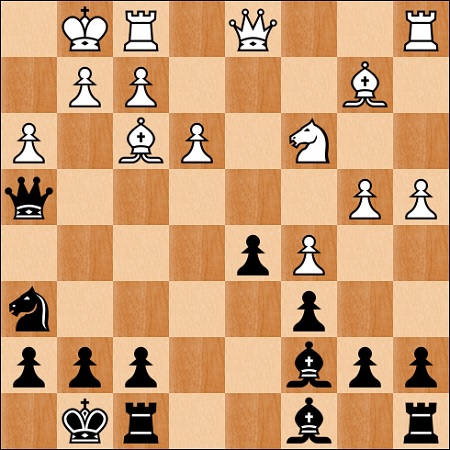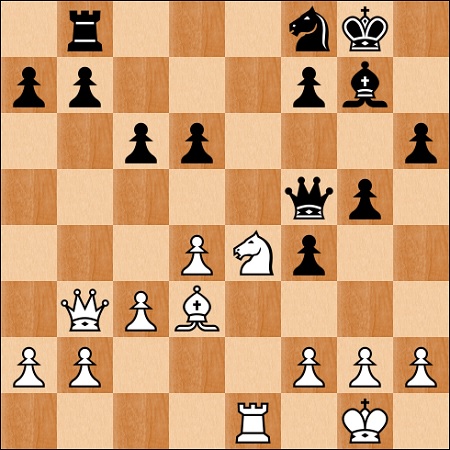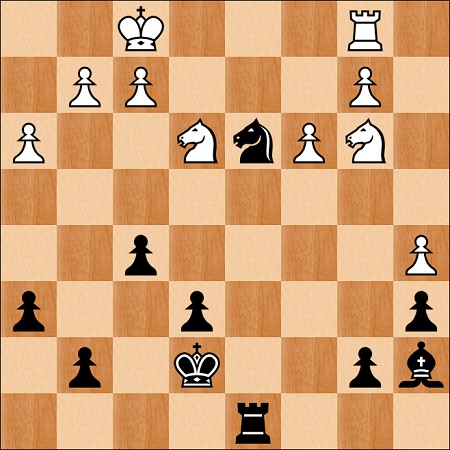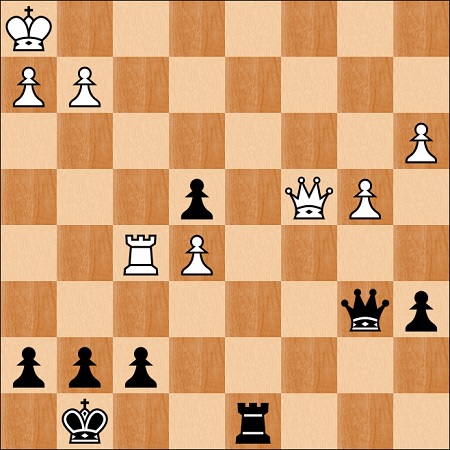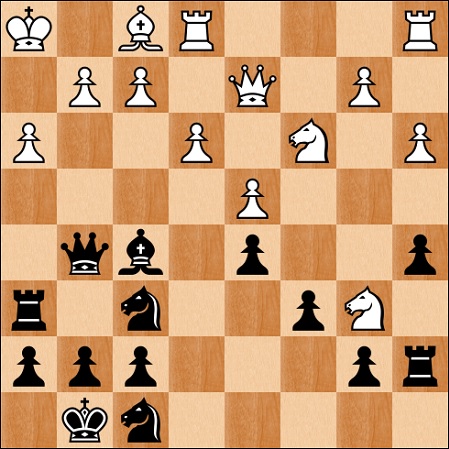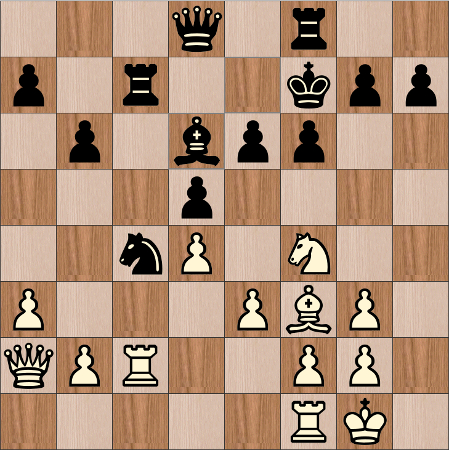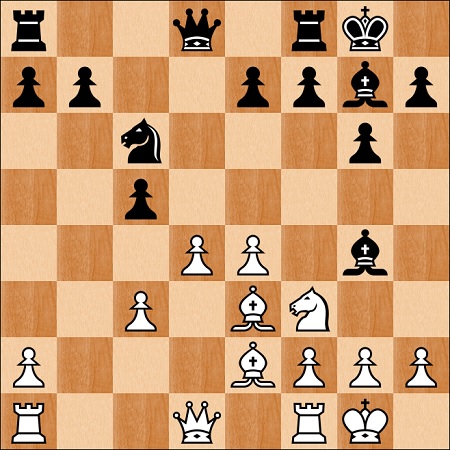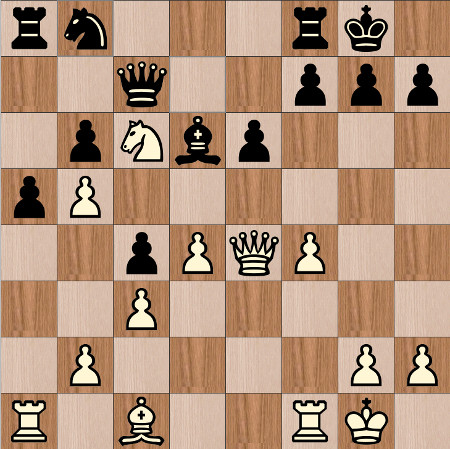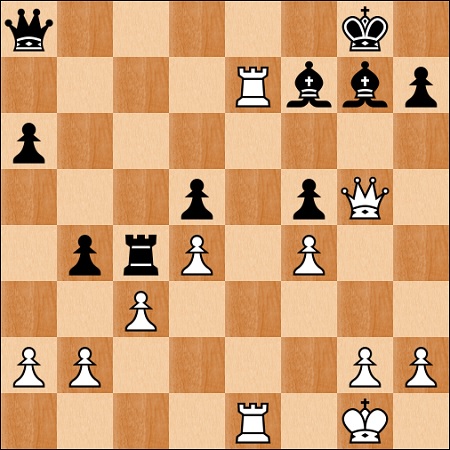The White 1.d2-d4 Repertoire Course is a stand-alone opening course which considerably extends the White lines presented in the Building an Opening Repertoire course. It has over 16 hours of video which explain key games and ideas plus a pgn (portable game notation) file of recommended variations that can be built upon, extended and important into software such as Chess Position Trainer. The 98 games from the videos are also included in pgn format.
As in the Building an Opening Repertoire course, White is still playing 1.d4 followed by 2.Nf3 but will then follow up with 3.c4 against most of Black's defences. The Colle is still to be used after 1.d4 Nf6 2.Nf3 e6 3.e3 but the ...d7-d5 lines are met with the Rubinstein-Zukertort line and those with 3...b6 are answered with 4.Bd3 Bb7 5.0-0 c5 6.c4, transposing into the 4.e3 line of the Queen's Indian but without allowing annoying lines such as the Bogo-Indian (1.d4 Nf6 2.Nf3 e6 3.c4 Bb4+), Modern Benoni (3...c5 4.d5 exd5 5.cxd5 d6) or Blumenfeld Gambit (3...c5 4.d5 b5).
A particularly important aspect of this course for the developing player is the inclusion of openings which act as touchstones for the understanding of positional play, including the Queen's Gambit Declined Exchange Variation (1.d4 d5 2.Nf3 Nf6 3.c4 e6 4.cxd5 exd5) and King's Indian Petrosian System (1.d4 Nf6 2.Nf3 g6 3.c4 Bg7 4.Nc3 0-0 5.e4 d6 6.Be2 e5 7.d5). These openings are particularly rich in plans and pawn levers, which helps students develop a deeper understanding of the material presented in the Tiger Chess Strategy Course.
Wherever possible the lines have been selected so that important position types can be practiced but without the need to learn a lot of intricate variations. This is in keeping with the Tiger Chess approach of developing core skills, and therefore playing strength, in the most efficient way. The full running order is as follows:
1. Introduction
2. Queen's Gambit Declined, Exchange I
3. Queen's Gambit Declined, Exchange II
4. Slav Exchange
5. Queen's Gambit Accepted
6. Other 1...d5 Lines
7. King's Indian
8. Modern, Old Indian and 1...d6
9. Gruenfeld Defence
10. Queen's Indian via 2...e6 3.e3 b6
11. Rubinstein-Zukertort Colle via 2...e6 3.e3 d5
12. Anti-Benoni
13. Dutch Defence
14. Miscellaneous Defences
This course is suitable for players over 1700 Elo who want a high quality opening repertoire for White that is based on plans and strategy rather than intricate theoretical variations. You need to be a Tiger Chess member to get it and continue to view it, which is why it priced at just $24.95. You can get it at the add-on videos page but need to be a logged on member to see the option to purchase it.
Nigel Davies
